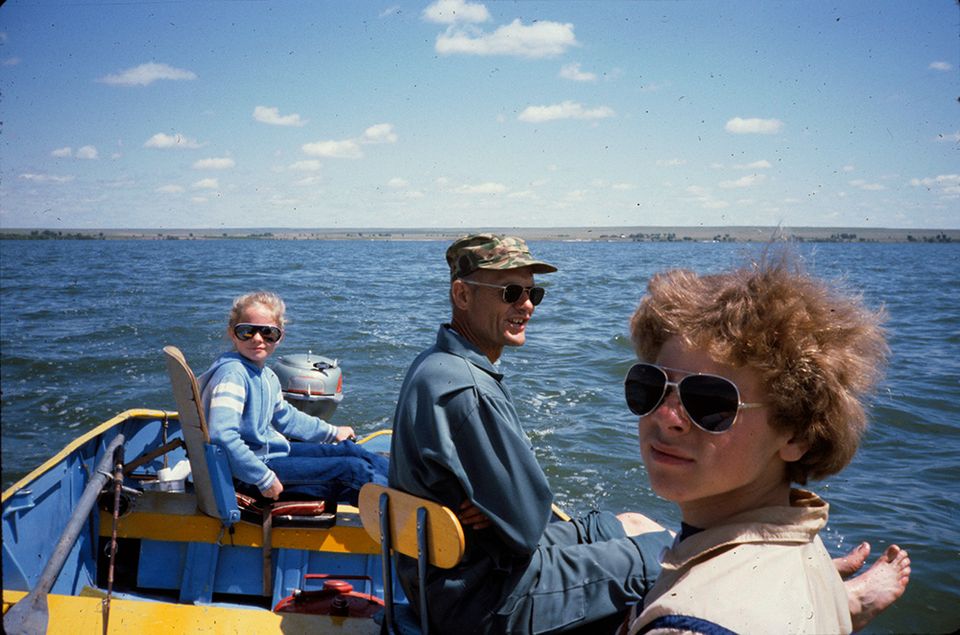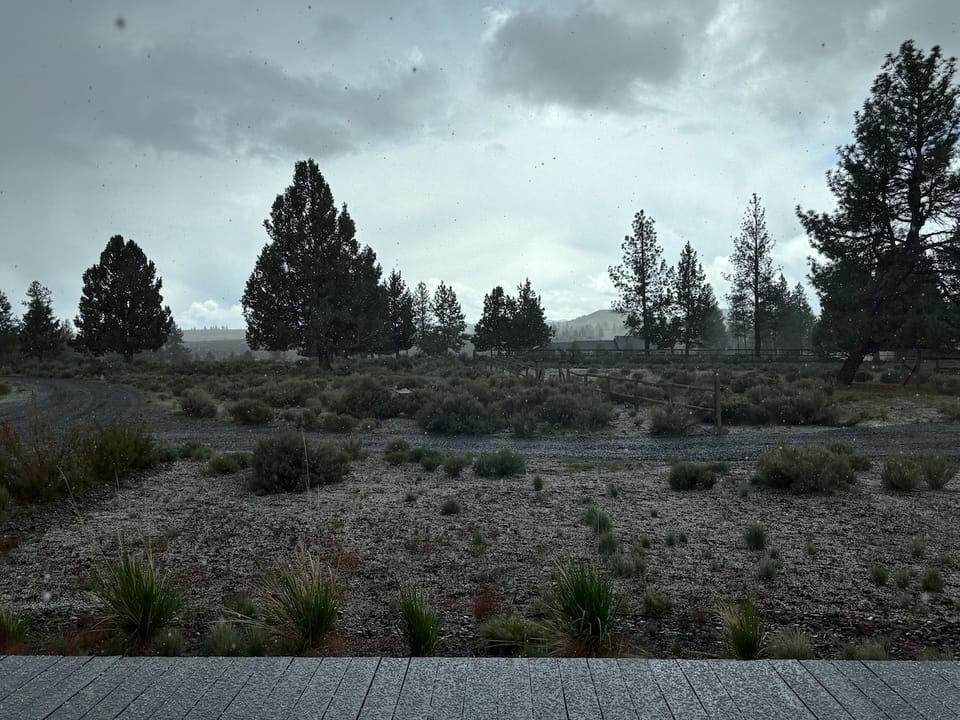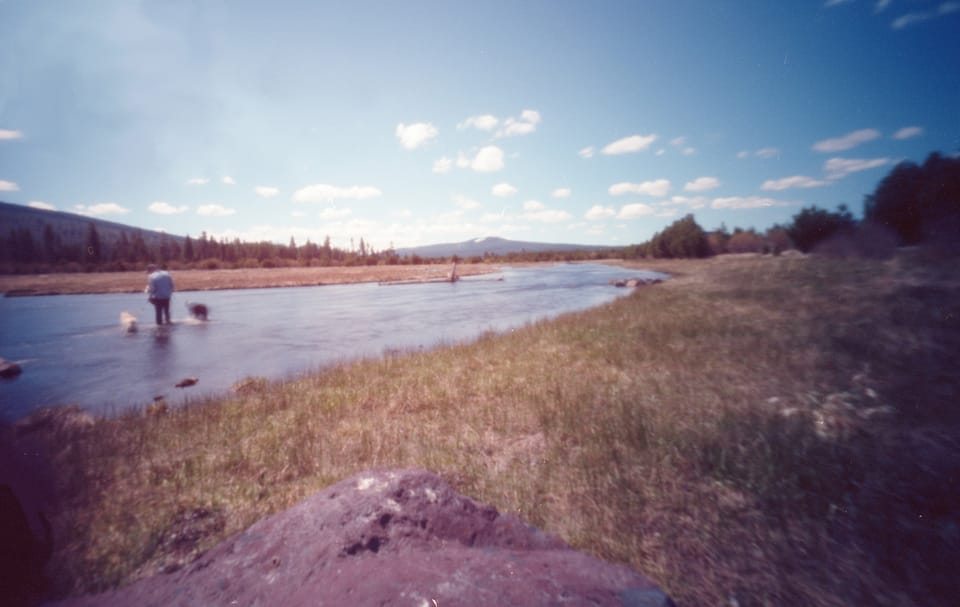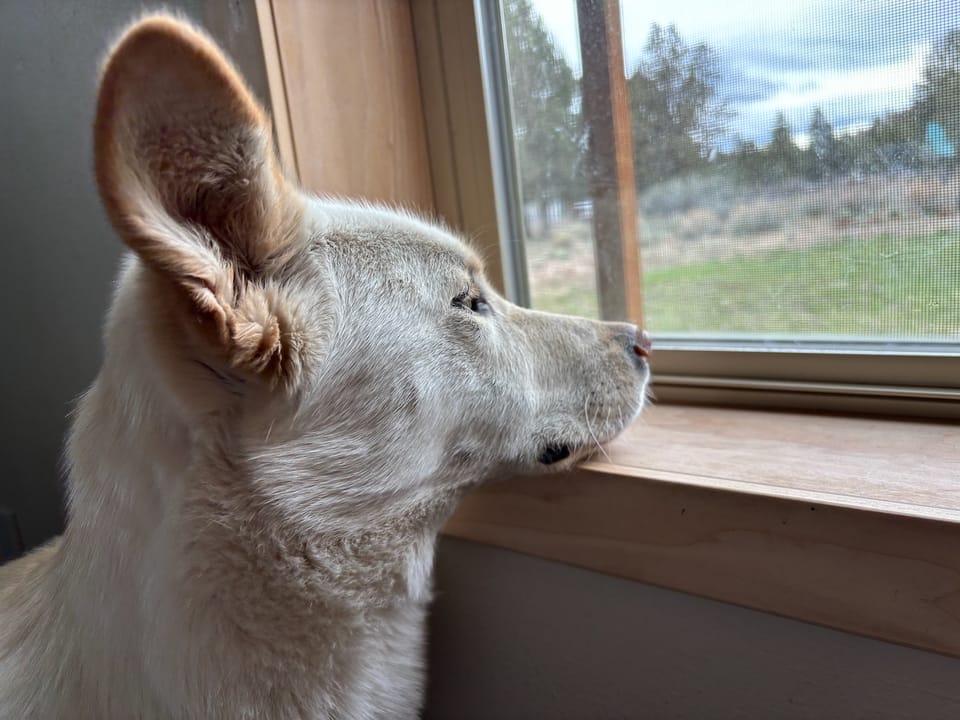I used to freak out. I remember sailing on a reservoir in Colorado as a kid. The boat capsized and all of my family members were bobbing in the lake in yellow and orange life jackets. I was crouched in the hull of the boat with our tiny mutt-dog, Robbie, terrified and crying. At some point my dad’s voice cut through my panic, pointing out that I was the only one not in the water. Chill out, in other words, so he could concentrate on getting the boat upright.
Another time, in my early 20’s, I was at the vet with my cat. I don’t remember what was wrong with him, or what got me freaked, but I do remember when I was writing the check to pay my vision was so blurred I could hardly see my hand scribbling my signature. I sat on the curb outside the office and put my head between my knees to keep from passing out. I assume my cat was there, too, in his cardboard carrier. It was a full-blown panic attack that didn’t help.
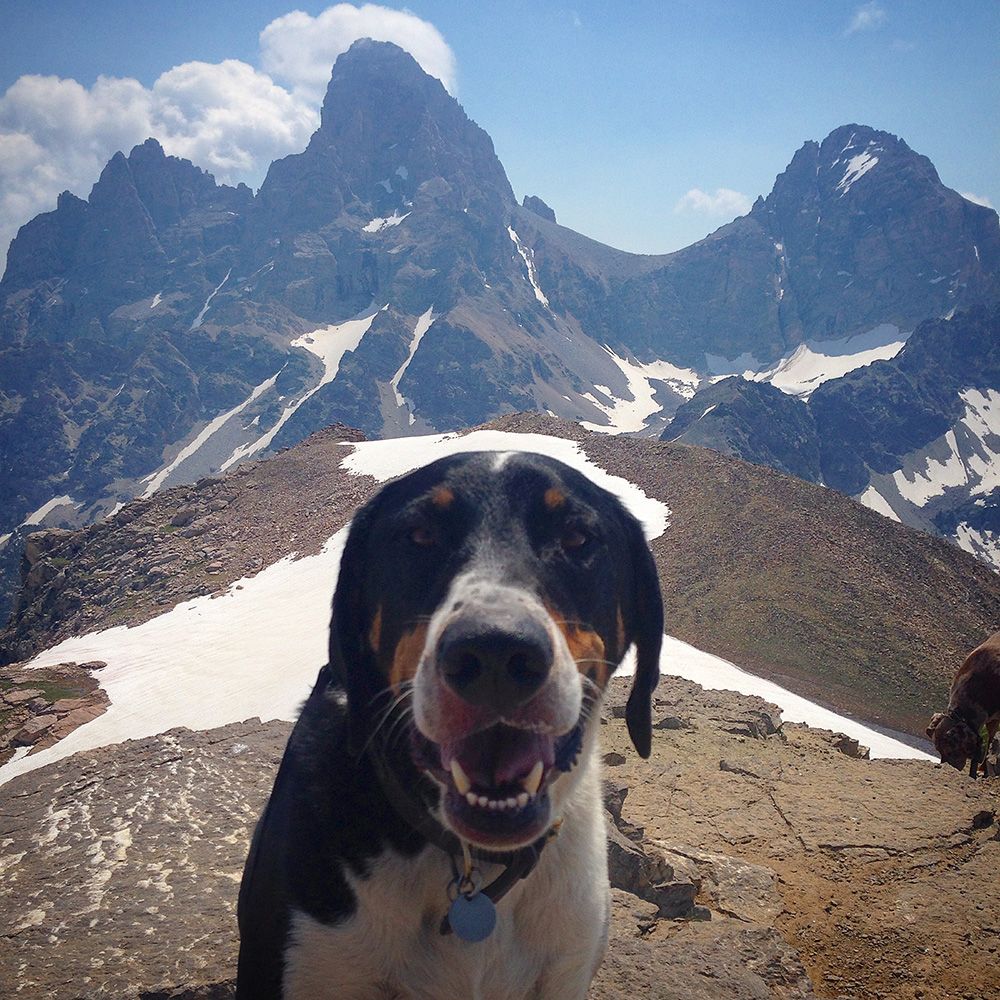
The moment when I learned specifically to not freak out was some years later when I was teaching a sculpture class. I had that feeling of claustrophobic panic that comes with being on the edge of freaking out and also a whisper of a thought that it would not benefit the situation or anyone in it. At that moment, I just didn’t. And then I felt deeply calm, with a sense of clarity to solve whatever it was. I remember being completely giddy with the discovery.
This was reinforced when I got trapped underwater by a set of large waves when I was surfing one winter day. The waves didn’t look particularly big, but they were rough and powerful and once I paddled through to the outside I realized I shouldn’t be in the water at all. I took the first wave I could back towards the shore but wiped out as the next set pounded in. Maybe it was 30 seconds, maybe a minute, while I did what the ocean wanted me to do (which was underwater somersaults) until the waves receded. I resurfaced, covering my head to protect it from my board, tugged the leash to bring it back to me, hopped on and paddled as fast as I could back to shore. To know that my instinct is to remain calm in a life-threatening situation is a huge comfort. Freaking out could have caused me to drown or get a surfboard fin through my skull.
And, of course, there was that time I went for a trail run on a ridge during a lightning storm. At least if I make a bad decision there is hope I will remain calm enough to make some good ones that will get me out alive.
I’ve probably had the occasional minor freakout in recent years, but mostly I have moved on to the meltdown. What’s the difference? One is driven by panic, one by exhaustion. One puts on the pressure while the other provides a relief valve. For me, meltdowns tend to involve hucking things with particularly unsatisfying results (it’s hard to throw a split board when you are thigh deep in powder!). Meltdowns are awkward and embarrassing, but easy to laugh at later, with beer.
The advice I gave my co-worker has served me well, but like all advice, you have to feel it for it to work. And here’s another nugget that I would swear by: do your core! Every damn day.


